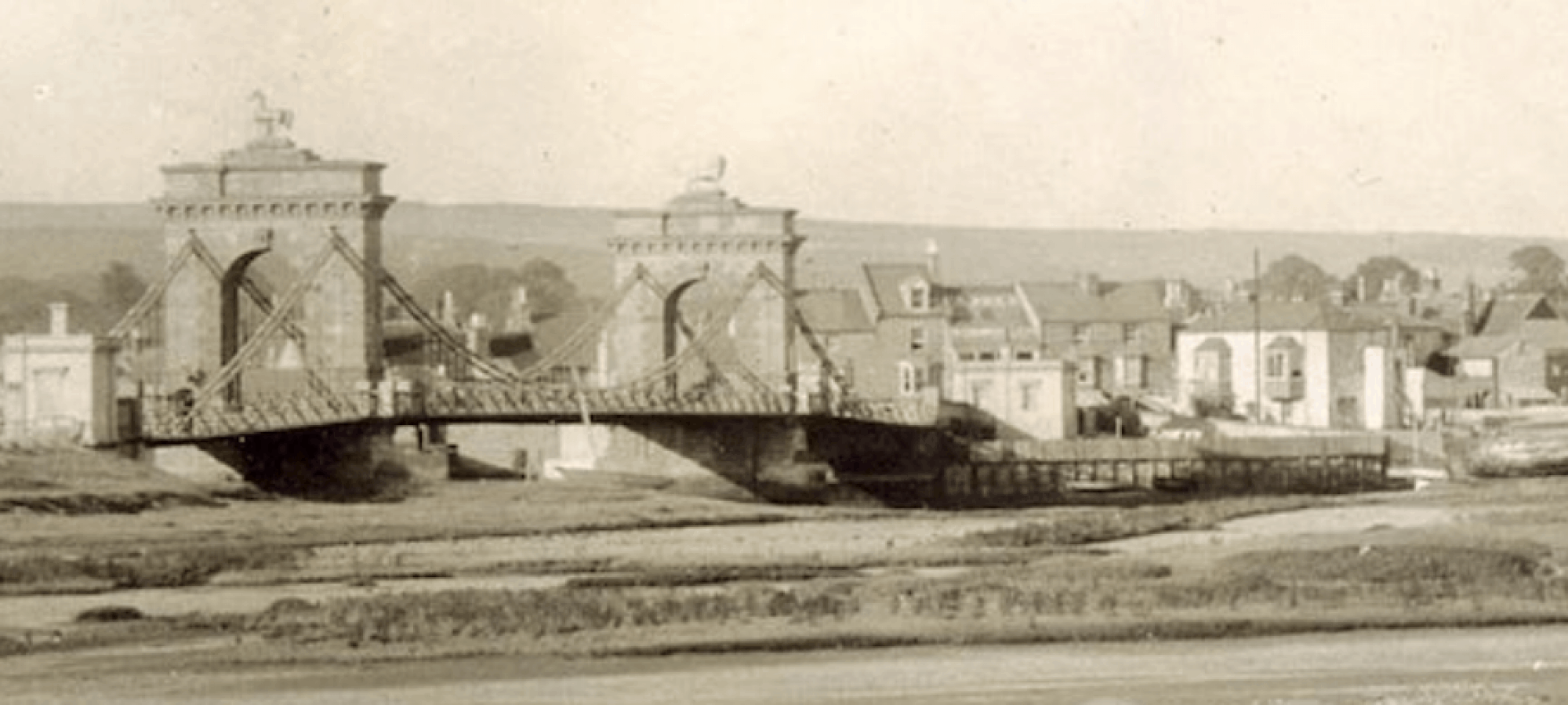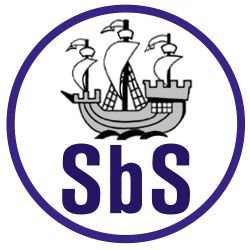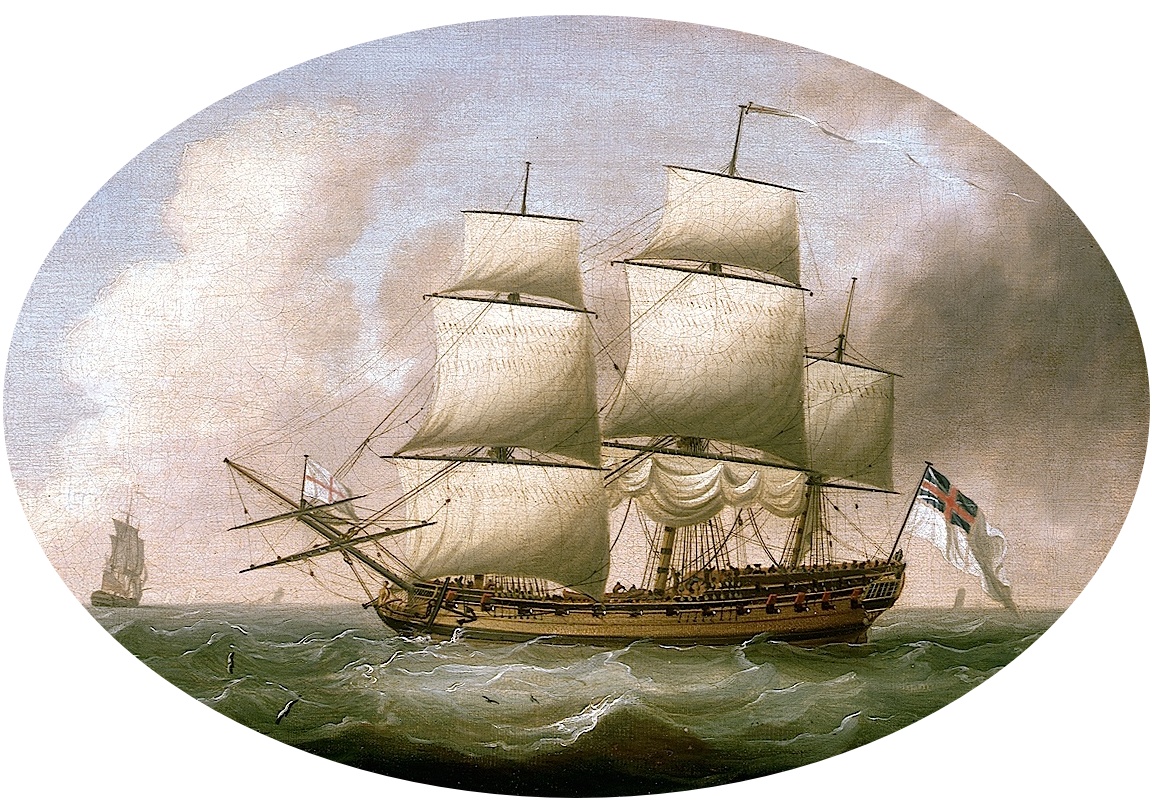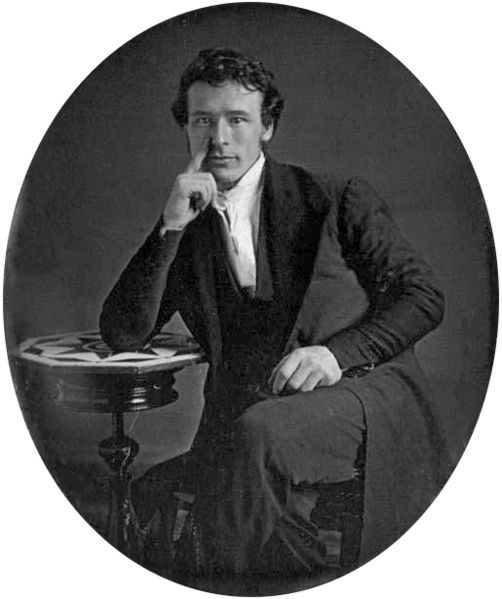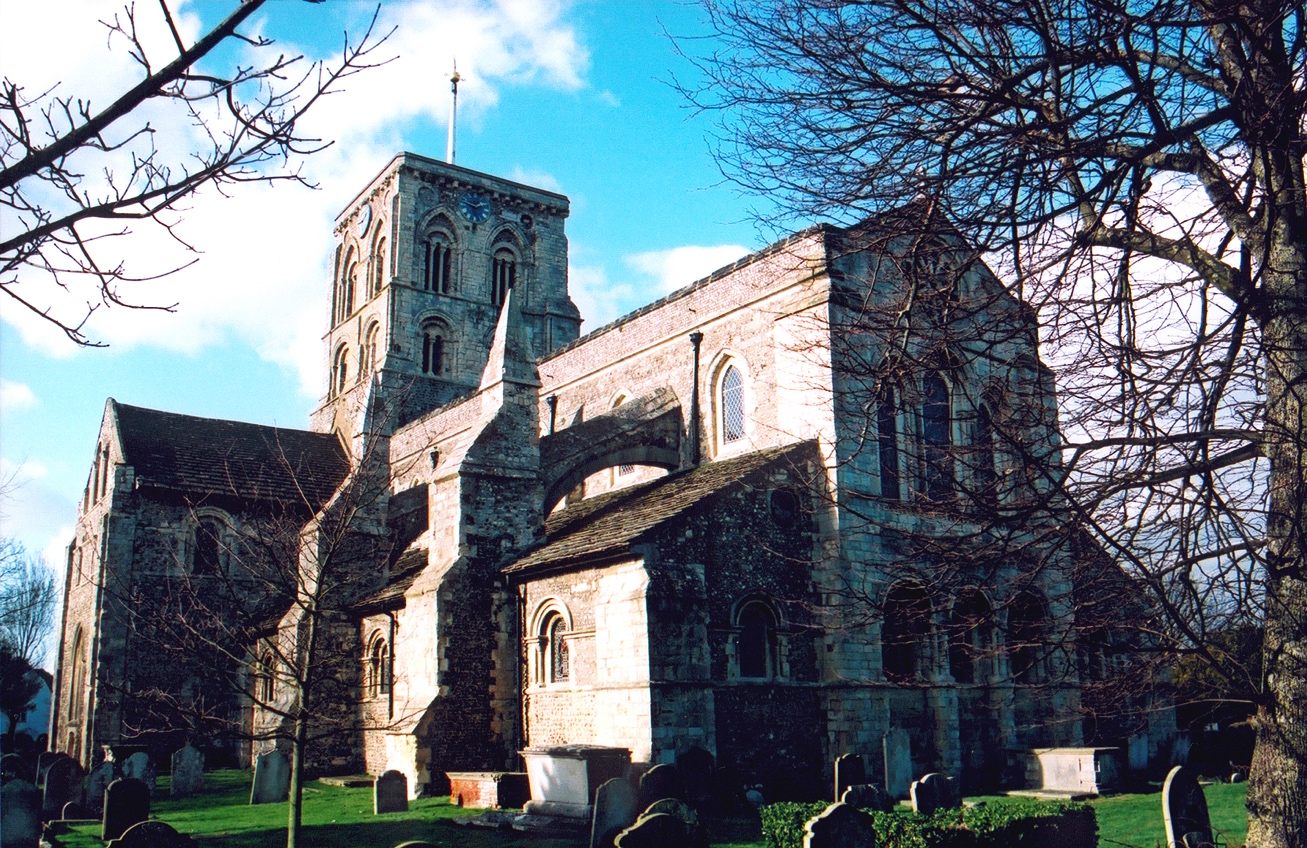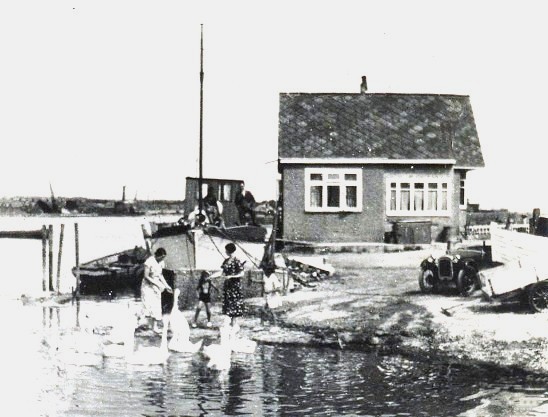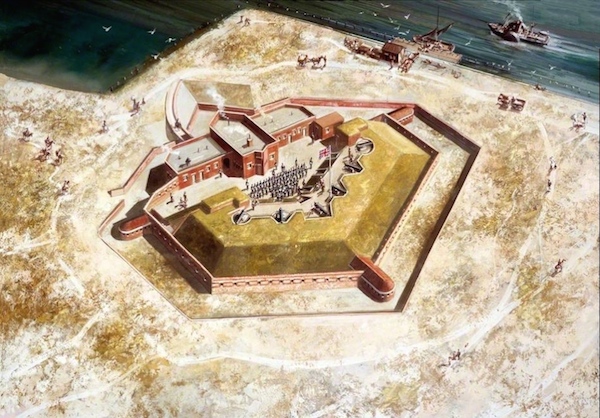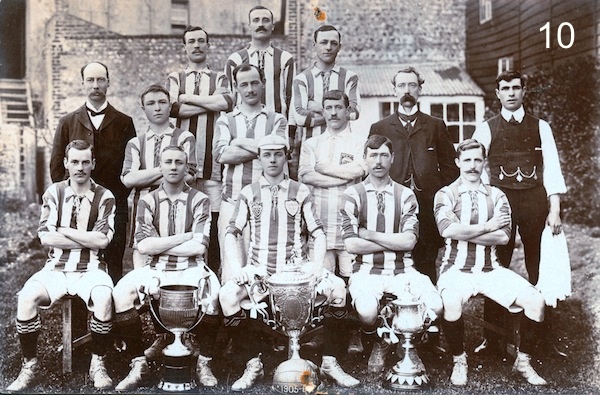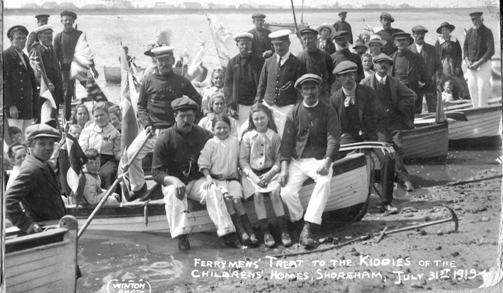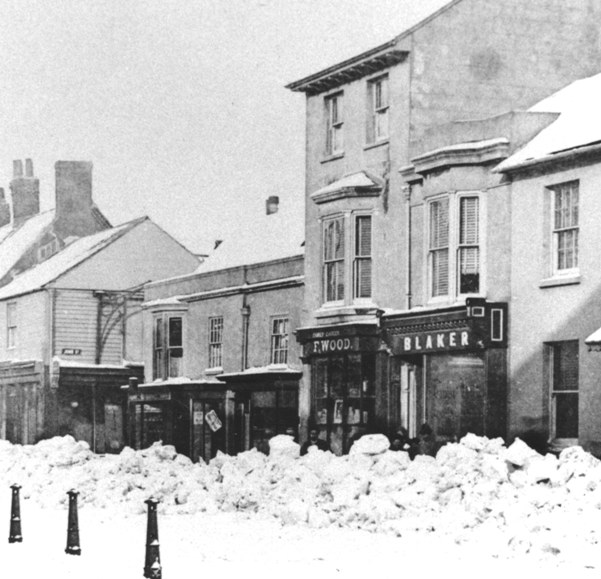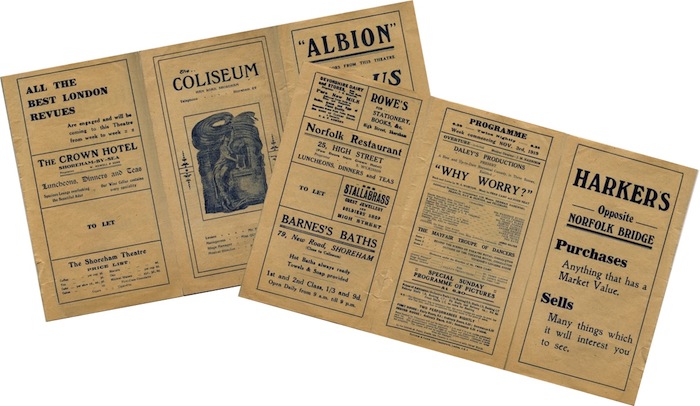An Archaeological Reappraisal of the Loss of the Nave of the
Parish Church of St Mary de Haura, New Shoreham, Sussex
Giles Standing BA MPhil (Cantab)
This dissertation was originally submitted in partial fulfilment
of the requirements of the Degree of BA Archaeology
of the University of London in 2004
University College London
Institute of Archaeology
In this format © Giles Standing 2011
Abstract
This study is concerned with the archaeology and history of the ruined Norman nave (c. 1130) of the Parish Church of St Mary de Haura, New Shoreham, in West Sussex. It is intended as an up-to-date reappraisal of the lost fabric of the church, through the utilization of a geophysical and structural survey, and the analysis of primary documentary and pictorial sources. It is not, however, a history of the church’s complex architectural development, for which reference to other works should be made. It is hoped that this study will advance a greater understanding of the ruined nave, not least through the consideration of its future presentation to the public. The results of this investigation have led to the conclusion that St Mary’s nave fell into disrepair around the mid-17th century, and that it was demolished and restructured in the early 18th century. Improved provision for visitors to the site has also been addressed, with the introduction of information panels being recommended by current visitors in a public archaeology questionnaire conducted as part of this study. Continue reading “Loss of the Nave of St Mary de Haura”
An Archaeological Reappraisal of the Loss of the Nave of the
Parish Church of St Mary de Haura, New Shoreham, Sussex
Giles Standing BA MPhil (Cantab)
This dissertation was originally submitted in partial fulfilment
of the requirements of the Degree of BA Archaeology
of the University of London in 2004
University College London
Institute of Archaeology
In this format © Giles Standing 2011
Abstract
This study is concerned with the archaeology and history of the ruined Norman nave (c. 1130) of the Parish Church of St Mary de Haura, New Shoreham, in West Sussex. It is intended as an up-to-date reappraisal of the lost fabric of the church, through the utilization of a geophysical and structural survey, and the analysis of primary documentary and pictorial sources. It is not, however, a history of the church’s complex architectural development, for which reference to other works should be made. It is hoped that this study will advance a greater understanding of the ruined nave, not least through the consideration of its future presentation to the public. The results of this investigation have led to the conclusion that St Mary’s nave fell into disrepair around the mid-17th century, and that it was demolished and restructured in the early 18th century. Improved provision for visitors to the site has also been addressed, with the introduction of information panels being recommended by current visitors in a public archaeology questionnaire conducted as part of this study. Continue reading “Loss of the Nave of St Mary de Haura”
